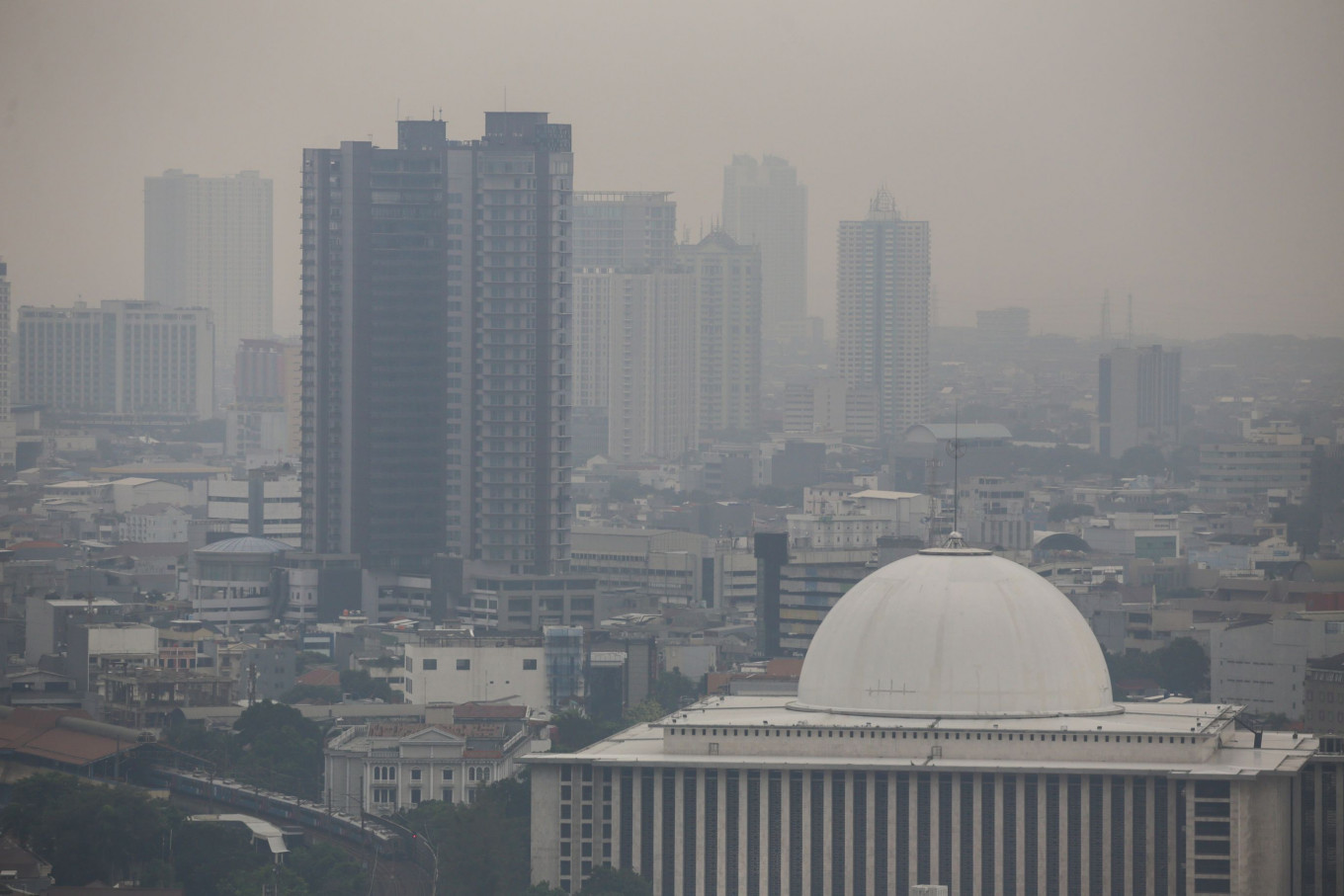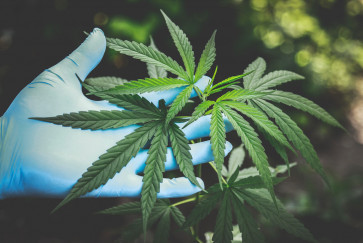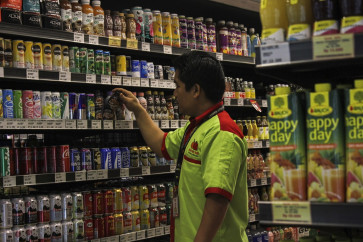Just energy transition to help us achieve independence
While common Indonesians struggle to meet their energy needs during the global energy crisis, fossil fuel companies and the small group of coal business elites enjoy lucrative profits.
Change text size
Gift Premium Articles
to Anyone

I
ndonesia recently celebrated its 78th independence anniversary, a relatively mature age for a country to grow and achieve its founding goal of advancing public welfare.
The energy sector plays a pivotal role in determining the country’s welfare. There is no people’s prosperity without energy security and inclusive access to energy. However, to this day, this mission remains very far from realization, primarily as Indonesia still depends on fossil fuels to fulfill its energy needs.
In the electricity sector, 88 percent of Indonesia’s electricity comes from fossil fuel combustion. Furthermore, Indonesia’s coal-fired power plants’ capacity grew by 44 percent from 2017-2021, the worst among the Group of 20 countries. It is a big hindrance for Indonesia in achieving its independence mission to advance public welfare.
That is why Indonesia needs to radically reform its energy sector.
The first element needing radical reform is the significant allocation of subsidies and compensation from the state budget to keep fossil fuel prices low. In 2022, amid the global energy crisis that triggered fossil fuel price hikes, the Energy and Mineral Resources Ministry noted that the realization of energy subsidies and compensation budget for state electricity company PLN and state oil and gas company Pertamina surged to Rp 551.2 trillion (US$36 billion), which equals one-fifth of the total state revenue and became a huge burden on the state during the pandemic period.
In 2023, the Finance Ministry allocated Rp 339.6 trillion in subsidies and compensations for the energy sector, with Rp 210.7 trillion for the subsidies and Rp126.0 trillion for the compensation directed to PLN and Pertamina.
Those figures are far bigger than the state budget allocated for the food security sector, which stood at only Rp 104 trillion last year. The huge amount also affected allocations for more impactful spending, such as the education and health sectors.
Second, dependency on fossil fuels has created inequality and injustice that runs counter to the mission to advance public welfare. While common Indonesians struggle to meet their energy needs during the global energy crisis, fossil fuel companies and the small group of coal business elites enjoy lucrative profits.
Coal companies gained windfall profits by quadrupling coal prices by the end of 2022, reaching $463.75 per tonne compared with the average price in 2021. Adaro saw a 167 percent increase in year-on-year profits in 2022, Bumi Resources, 212 percent and Bayan Resources, 79 percent. unsurprisingly, the owner of Bayan Resources, Low Tuck Kwong, is now the second richest person in Indonesia. The owner of Adaro, Garibaldi Thohir, brother of State-Owned Enterprises Minister Erick Thohir, ranks 15th on the Forbes Magazine’s list of Indonesia's 50 richest in 2022.
Indeed, this widening gap would not arise if Indonesia utilized its abundant and free renewable energy sources, such as solar and wind. The huge subsidies and worsening inequality created by fossil fuel dependency will persist due to fossil fuel price volatility and global competition to meet each country’s energy demand.
Last but not least, the health and climate impacts of fossil-fuel dependency are alarming. Over 10.67 million people living in Jakarta are struggling to address deteriorating air quality resulting from, among other sources, 16 coal-fired power plants operating in the city and its vicinity and millions of combustion-engine vehicles. Respiratory diseases are among the health risks they face.
The Center for Research on Energy and Clean Air (CREA) projected that approximately 2,000 deaths and economic expenses totaling $1.1 billion are attributed to air pollution annually in Jakarta.
The climate crisis also brings huge and adverse impacts on humans and welfare, causing significant economic loss and pushing people away from their livelihood as their regions become no longer inhabitable. According to the finance minister, Indonesia is forecast to incur an economic loss due to the climate crisis, amounting to Rp 112.2 trillion in 2023. Furthermore, Bank Indonesia also projected that the potential economic losses due to climate crises will reach 40 percent of Indonesia's gross domestic product in 2050.
Meanwhile, Indonesia is one of the countries at threat of being displaced by 2050 due to climate change, considering that we have many low-lying coastal areas vulnerable to sea level rise.
The dominance of fossil fuel energy in Indonesia, which reaches almost 90 percent in the primary blend, will foil the country’s efforts to advance people’s welfare, not to mention to become a high-income economy.
Looking at these conditions, accelerating the energy transition is necessary to break Indonesia's dependence on fossil fuels. We also need to admit that while there has been some progress, Indonesia is not yet on the right track to having an energy sector that will support the advancement of public welfare.
We need radical reform now. First, the government should consistently apply disincentives for polluting fossil fuels, such as coal. To do so, the government should start imposing a carbon tax for coal power plants and a production tax for coal mining production.
Concurrently, the government must actively create a market for renewable energy since the early phase of renewable energy development must be government-driven. We cannot forget to utilize the co-benefits of renewable energy, such as inclusive jobs and income creation.
We must understand that to achieve its independence goal, Indonesia should be independent from fossil energy.
***
Adila Isfandiari is Greenpeace Indonesia’s climate and energy campaigner, Tata Mustasya is Greenpeace International’s senior campaign strategist.









